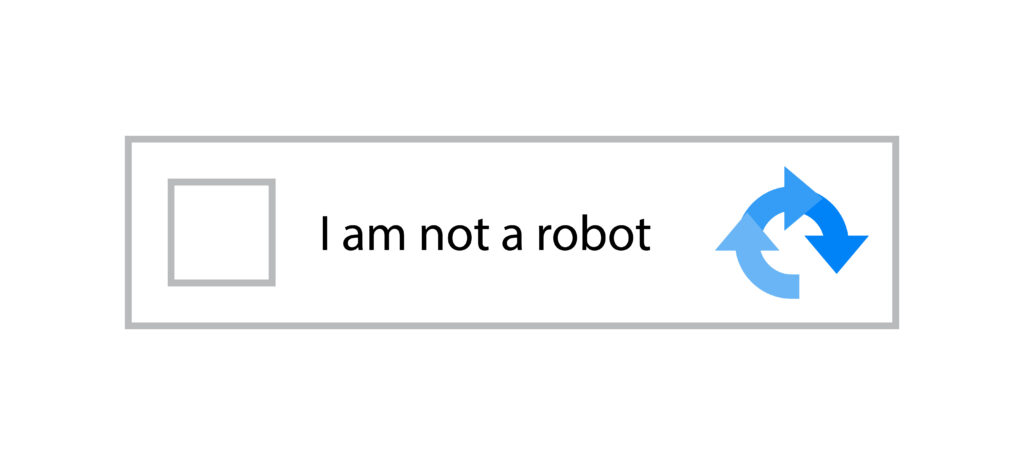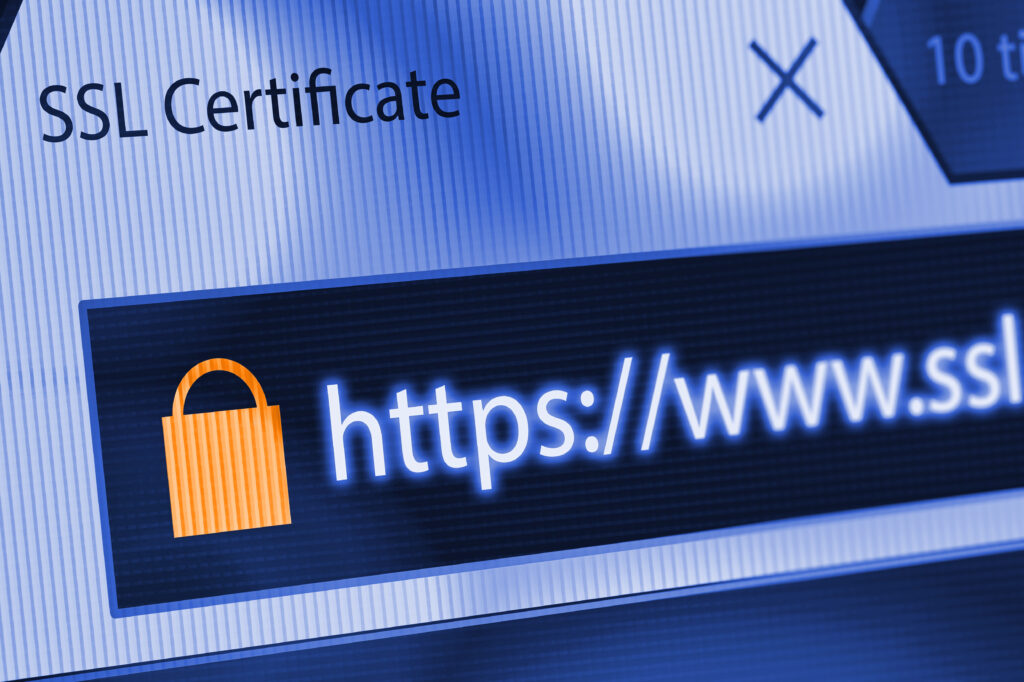Your business website is the digital face of your company, a critical asset that connects you to customers and clients.
Ensuring its security is not just good practice; it’s essential for maintaining trust and business continuity.
In this blog post, we’ll delve into five fundamental steps business owners can take to secure their websites and protect their online presence.
1. Protect Against DDoS Attacks with CloudFlare

Distributed Denial of Service (DDoS) attacks can cripple your website by overwhelming it with traffic, causing downtime and lost revenue.
To shield your site from such threats, consider integrating Cloudflare, a web security and performance service that offers DDoS protection.
Cloudflare employs a globally distributed network that acts as a shield, absorbing malicious traffic and allowing only legitimate visitors to access your site.
Its real-time threat monitoring and mitigation capabilities make it an invaluable security tool for your online business presence.
2. Regular Website Backups

In the event of a cyberattack, server failure, or accidental data loss, having a recent backup of your website is a lifesaver.
Regular backups ensure that you can quickly restore your website to its previous state, minimizing downtime and data loss.
It’s important to schedule automated backups, preferably on a daily or weekly basis, and store them in a secure off-site location.
Many web hosting providers offer backup services, or you can use third-party backup solutions to ensure your data is safe.
3. Implement ReCAPTCHA

Are you tired of dealing with spam bots flooding your website’s forms or comment sections? Implementing reCAPTCHA can help.
ReCAPTCHA is a free service from Google that adds an additional layer of protection by requiring users to solve a simple challenge, like identifying objects in images, before submitting forms.
By differentiating between human and bot traffic, reCAPTCHA can significantly reduce spam and potential security risks associated with automated attacks on your website.
Is your website prepared to defend against cyber threats?
f you’re unsure or want expert guidance, reach out to our team for a personalized security assessment.
4. Embrace HTTPS Encryption
HTTPS (Hypertext Transfer Protocol Secure) is a vital element in website security.
It encrypts the data transferred between your website and the user’s browser, ensuring that sensitive information, such as login credentials and payment details, remains confidential.
To enable HTTPS, you need an SSL/TLS certificate.
Most web hosting providers offer easy integration, and some even provide free SSL certificates.
Beyond security, HTTPS is also a factor in search engine ranking, making it beneficial for SEO.
5. Professional Web Hosting Management

While DIY web hosting can save costs, it might expose your site to security vulnerabilities if not actively managed.
Engaging a professional web hosting service ensures that your site remains up-to-date, protected, and performing optimally.
Professional web hosting providers offer continuous monitoring, security patches, and proactive measures to safeguard your site against threats.
This can be especially crucial if you lack the technical expertise to manage hosting security effectively.
6. Conclusion
In conclusion, securing your website is paramount for safeguarding your business’s online presence.
Protect against DDoS attacks with Cloudflare, keep regular backups, implement reCAPTCHA for spam prevention, embrace HTTPS encryption, and consider professional web hosting management for comprehensive website security.
By following these steps, you can enjoy peace of mind, maintain your online reputation, and provide a secure experience for your visitors.
Don't wait until it's too late; take the proactive step towards a safer online presence.
Contact us now and ensure your website is fortified against potential risks


